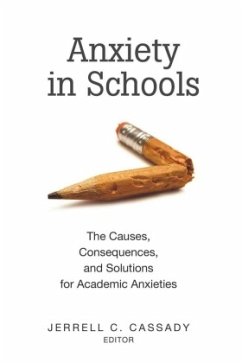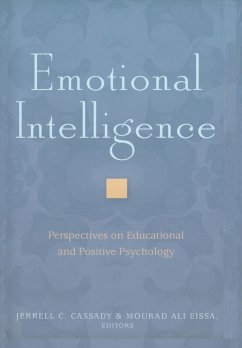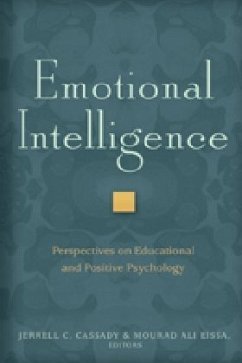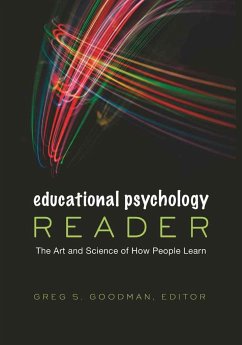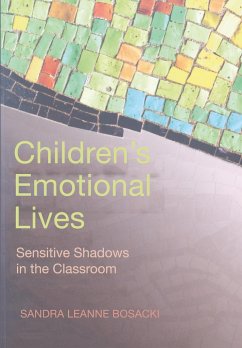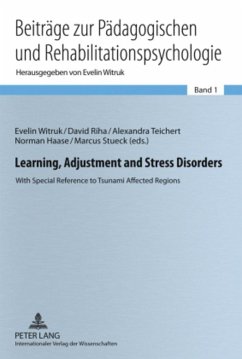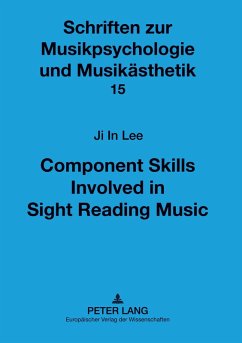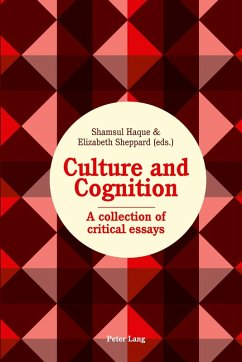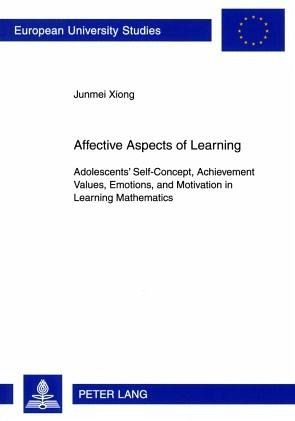
Affective Aspects of Learning
Adolescents' Self-Concept, Achievement Values, Emotions, and Motivation in Learning Mathematics
Versandkostenfrei!
Sofort lieferbar
74,60 €
inkl. MwSt.

PAYBACK Punkte
0 °P sammeln!
This empirical study describes and analyzes adolescents' affective and cognitive processes involved in learning mathematics. Correlation-regression statistics reveal that positive emotions positively correlated with learning strategy use, whilst negative emotions negatively correlated with learning strategy use in general; math self-concept and achievement values positively correlated with positive emotions, and negatively correlated with negative emotions. In addition, math achievement was compromised in particular by negative environmental factors and negative affect. Furthermore, math self-...
This empirical study describes and analyzes adolescents' affective and cognitive processes involved in learning mathematics. Correlation-regression statistics reveal that positive emotions positively correlated with learning strategy use, whilst negative emotions negatively correlated with learning strategy use in general; math self-concept and achievement values positively correlated with positive emotions, and negatively correlated with negative emotions. In addition, math achievement was compromised in particular by negative environmental factors and negative affect. Furthermore, math self-concept was found to mediate the impact of environmental factors on emotions. Since math self-concept could buffer negative learning environment's impact on negative affect, maintaining and enhancing students' math self-concept is important in both school and home contexts.





